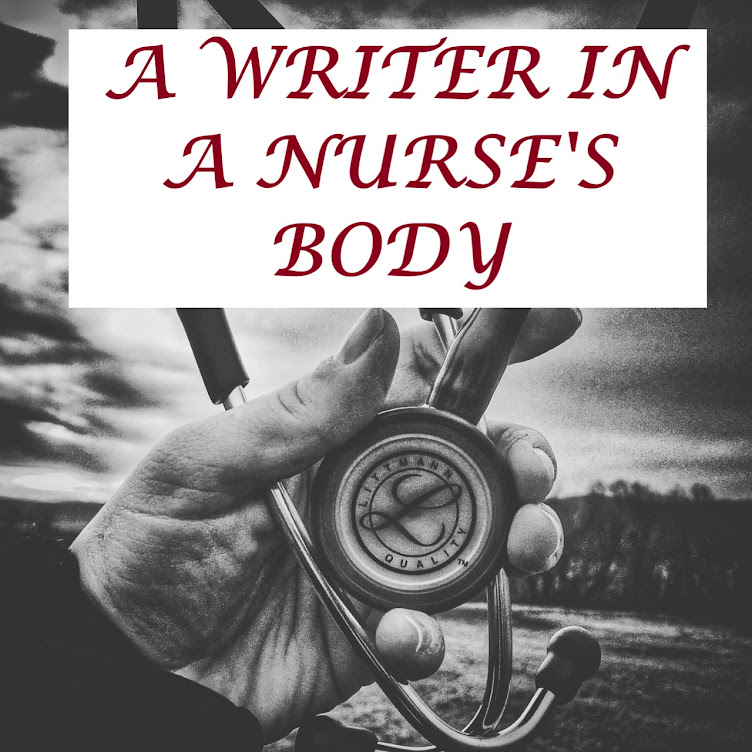This week I chose to write about an article published in "Newsweek", written by Evan Thomas. The article is titled "The Case for Killing Granny", and it is about exactly what it sounds like. The premise for the article is whether or not we are over treating and spending too much money (mostly from Medicare) on people either on hospice or just old age in general? In this day and age when diseases are becoming more and more apparent in old age, when do we draw the line to stop treatment and to live and let die? Everyone knows that the Baby Boomers alone are causing a major tidal wave that is starting to wash upon the shore as we speak. Give it ten years and we will have an overwhelming amount of elders in our nation, and most likely a lack of resources to treat them properly. But what is properly? Speaking about his mother who was diagnosed with lung cancer after smoking her whole life, Thomas quotes, "She seemed puzzled and a bit frustrated that she had to be so insistent on her own demise". Doctors are pushing for her to get this and that test done, and to prolong her life as much as possible. Now this ties in with my article last week as well. At what point do we cross the big "Euthanasia" line? At what point in time will it be not only acceptable, but encouraged, that we stop spending as much money on unnecessary treatment and prolonged life supplies on the elderly? "The need to spend less money on the elderly at the end of life is the elephant in the room in the health care debate. Everyone seems it but no one wants to talk about it. At a more basic level, Americans are not just afraid of dying, but about talking and thinking of dying. Until Americans learn to contemplate death as more than a scientific challenge to be overcome, our health care system will remain unfixable."
As of right now, almost a third of the money spent by Medicare- approximately $66.8 billion a year- goes to the end of life patients in their last two years of life, when patients are the sickest. Studies show that about 70% of people want to die at home but that about half die in hospitals. How are we looking right past this? Why aren't we doing a better job of taking these specific elders that insist on not getting the tests and treatments and just want to die in peace at home? Doctor's face two challenges: First, they want to be heroes. They want to be heroes for themselves, for their patients, for their friends, for their reputations. Doctors have grown to be used to the fact that "Americans want the best, they want the latest, and they want it now." Doctors want to do all they can to cure these ailments and build a reputation. Also, most doctors nowadays are paid by Medicare based on procedures. Essentially, the more procedures they order, the more they get paid; which ties into their second challenge. Americans nowadays have also gotten brainwashed into the same idea. The more treatments and tests the doctor orders, the better he must be for it. He must be smarter, a better doctor. People feel like they have been "jipped" for their money if tests aren't run to see what's wrong…even if nothing is wrong at all. We are a society of hypochondriacs, and test results make us feel better.
Thomas brings up a very obvious topic that I think us nursing students are all aware of, but no one really ever sits down to think about. Most elders, whether or not they are actually sick or just afraid, go to the doctors because it makes them feel better just going. They are essentially seeking a cure for loneliness and assurance, even if they are unaware of it. If we could focus our Medicare money and attention on money that could possibly go to organizations that are purely dedicated to spending time with the elders for a low cost, we could potentially save millions. If we spend more manpower, (not necessarily nurses or doctors) but even volunteers to sit with elders in their last years of life, to combat loneliness. What if that could work? We could create jobs to stimulate the economy by employing people to run or work for these organizations. "Death can be delayed for only so long, and sometimes the wait is grim and degrading". It Is unethical for doctors and medical professionals to prolong life on an unnecessary basis, when it is not wanted. For each case, they need a nurse's attention, they need a hospital bed, they need medicine, they need supplies, and they need manpower to help with whatever procedures need to be done.
We could save all that if we just thought about why we were doing it.
